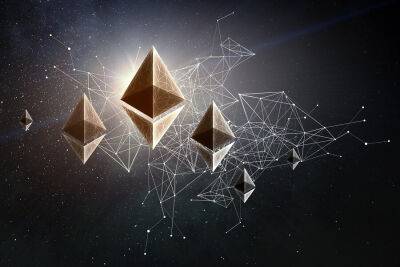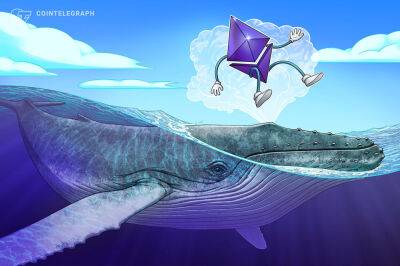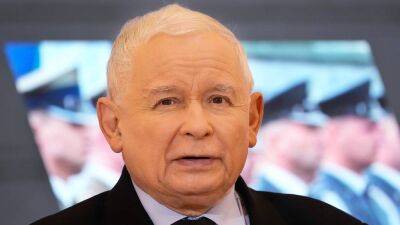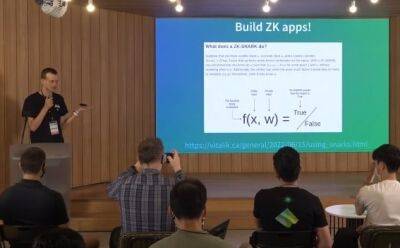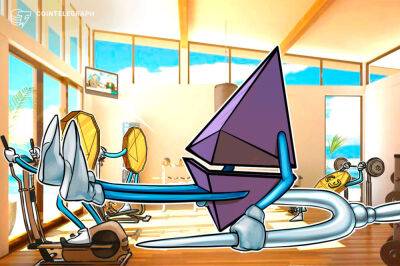What is Chainlink VRF and how does it work?
Blockchain technology has spawned many applications over the past few years, the most popular being cryptocurrencies. It has also facilitated the creation of many decentralized, secure and transparent marketplaces in the digital economy.
Offering far more trust since all transactions are immutably recorded on the blockchain, this technology has been well supplemented by the smart contract feature popularized by Ethereum. Decentralized applications (DApps) based on blockchains like Ethereum are disrupting traditional businesses such as retail banking and are even introducing use cases never deemed possible.
Expanding the capability of smart contracts with oracles
However, for the Ethereum blockchain to support the development of DApps that go beyond merely facilitating transactions, they must interact with the external or off-chain world and integrate the incoming data into smart contracts, which is where blockchain oracle technology comes into play, bolstering smart contracts by linking them with real-world data, events and transactions. Now, many types of third-party services are available, such as inbound, outbound, software and hardware oracles, which are further expanding the number of real-world applications that blockchain protocols can power.
Consensus-based oracle networks such as the Chainlink protocol provide end-to-end decentralization, which is key to securing the entire blockchain ecosystem in which they operate. Additionally, these oracles enhance smart contracts’ performance, functionality and interoperability to offer a higher degree of trust and transparency than on-chain systems.
This transformation will come about through broadening the use of hybrid smart contracts, which fuse blockchains’ special
Read more on cointelegraph.com


 cointelegraph.com
cointelegraph.com
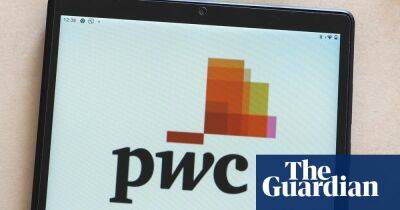


![Chainlink [LINK] traders can leverage this pattern’s break profitably - ambcrypto.com](https://finance-news.co/storage/thumbs_400/img/2022/8/13/37028_yji.jpg)
